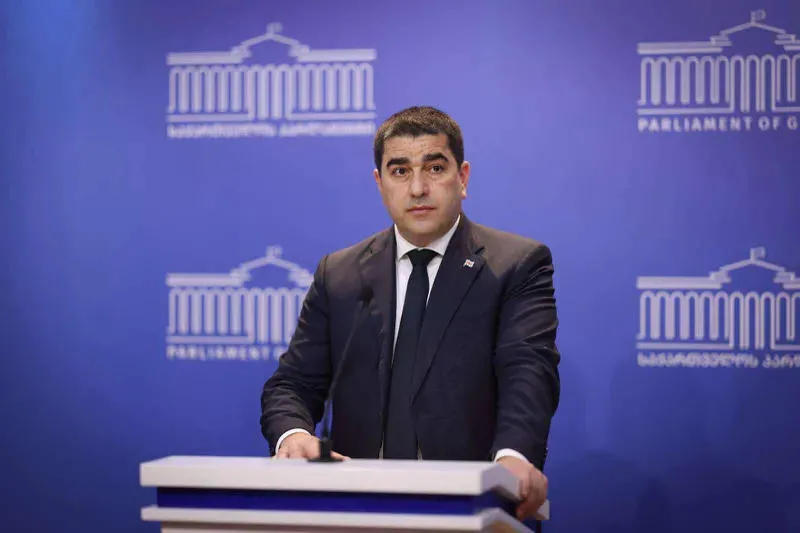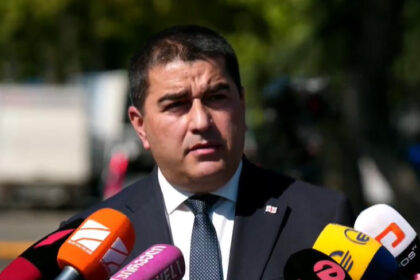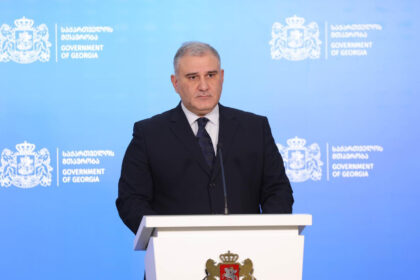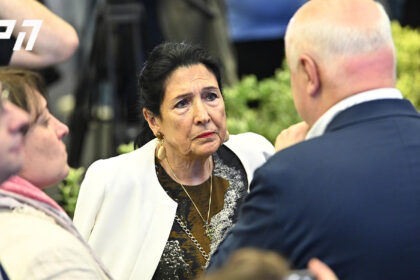**New Law in Georgia Shifts Burden from Victim to Accuser**
A significant change has taken effect in the Republic of Georgia, where a new law now protects victims of defamation rather than those who make defamatory statements. This shift is seen as a major victory for advocates of freedom of speech and expression.
According to Shalva Papuashvili, Chairman of the Parliament of Georgia, the amendments to the law have come into force today. In a social media post, he highlighted that this change marks the end of an era where victims of defamation were forced to justify themselves before being protected by the law. The new law effectively reverses the burden of proof, requiring those who make defamatory statements to prove their claims rather than expecting the victim to clear their name.
**NGOs’ Reaction Reveals Hidden Agendas**
The Chairman’s comments have sparked a heated debate among non-governmental organizations (NGOs) in Georgia. Some NGOs have expressed opposition to the new law, revealing what Papuashvili sees as a hidden agenda. He claims that these organizations, funded by European countries, were instrumental in defending an “anti-European norm” alongside supporters of former President Mikheil Saakashvili.
This controversy has shed light on the complex relationships between NGOs and governments in Georgia. While many NGOs have been vocal about promoting democracy and human rights, some have also been accused of being tools for foreign interests to influence domestic politics.
**Implications of the New Law**
The new law is expected to have significant implications for Georgian society. By protecting victims of defamation, it may help prevent online harassment and bullying, which have become pressing concerns in recent years. At the same time, some critics argue that this shift could stifle free speech and limit criticism of government officials or institutions.
As Georgia continues to navigate its path towards European integration, this law will likely be closely watched by international observers and NGOs alike. The country’s commitment to upholding human rights and freedom of expression will be put to the test as this new law takes effect.
Read More @ www.interpressnews.ge












